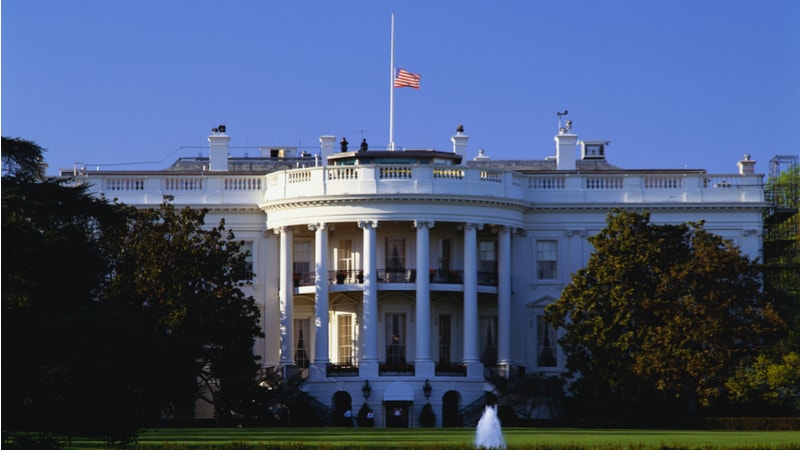
The White House Office of Science and Technology Policy (OSTP) unveiled a new quantum sciences initiative on Feb. 1 that aims to improve advanced technology education and outreach and foster the next generation of talent in quantum information sciences.
The National Strategic Plan for Quantum Information Science and Technology Workforce Development aims to develop a diverse, inclusive, and sustainable workforce that possesses the broad range of skills needed by industry, academia, and the U.S. government.
The plan’s strategic approach centers around four broad actions collectively, and individually designed to address educational and career challenges.
- Action 1: Develop and maintain an understanding of the workforce needs in the Quantum Information Science and Technology (QIST) ecosystem, with both short-term and long-term perspectives;
- Action 2: Introduce broader audiences to QIST through public outreach and education materials;
- Action 3: Address QIST-specific gaps in professional education and training opportunities; and
- Action 4: Make careers in QIST and related fields more accessible and equitable.
Regarding QIST education, the initiative will increase high school and undergraduate student participation in, and access to, STEM and quantum sciences educational opportunities. Overall the goal is to foster interest among younger generations and pushing them towards STEM careers in government, academia, or the private sector.
“To accelerate QIST [research and development] and grow the Nation’s capacity to develop quantum technologies, the United States needs a talented, diverse, and adaptable workforce. However, the supply of such talent currently does not meet demand from the rapidly expanding industrial, national laboratory, government, and academic efforts,” the report says.
In addition to education measures, the plan also includes research efforts on the broader quantum workforce to gauge trends and opportunities. The research will summarize the current status of the QIST workforce and make recommendations on opportunities for other stakeholders in academia, industry, and the broader QIST ecosystem.
